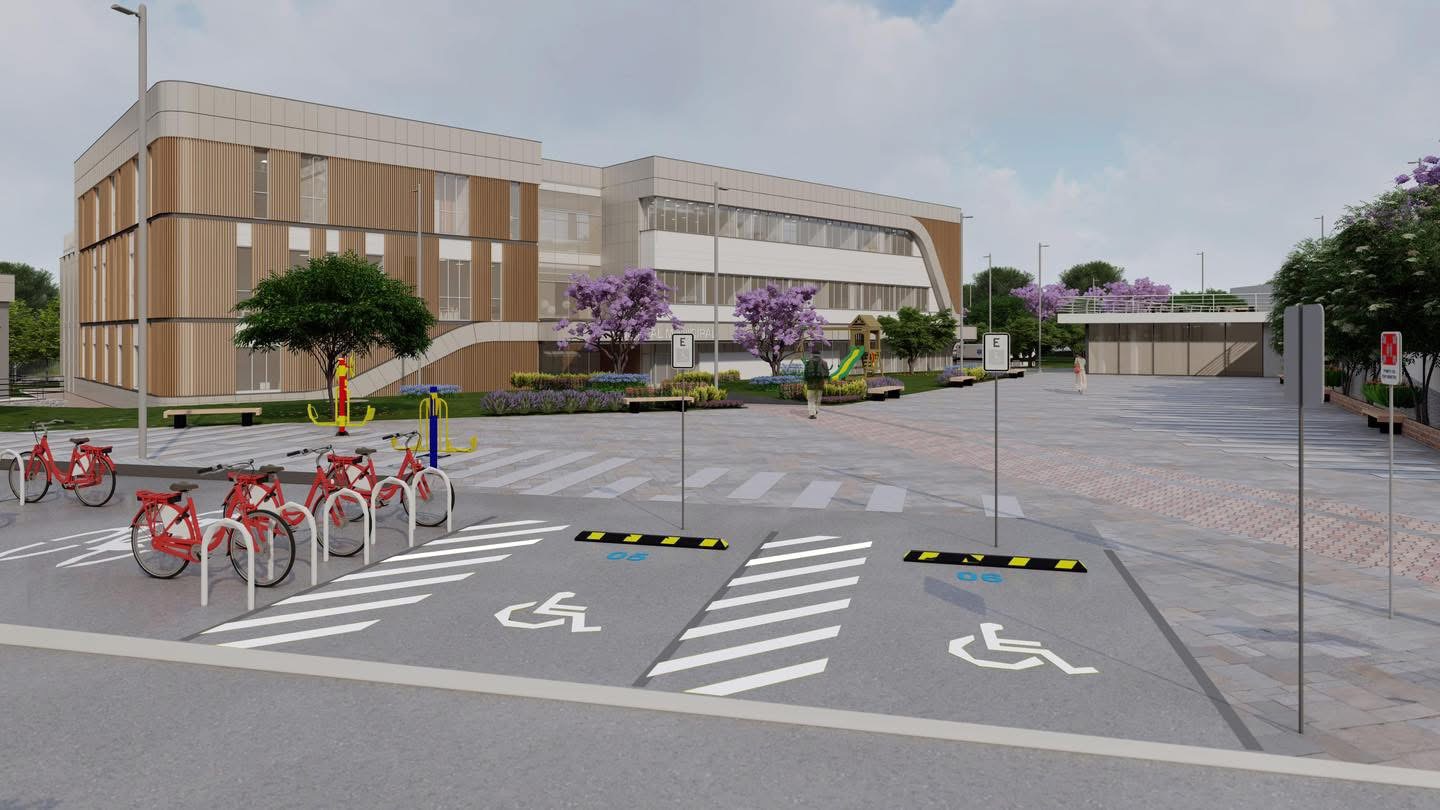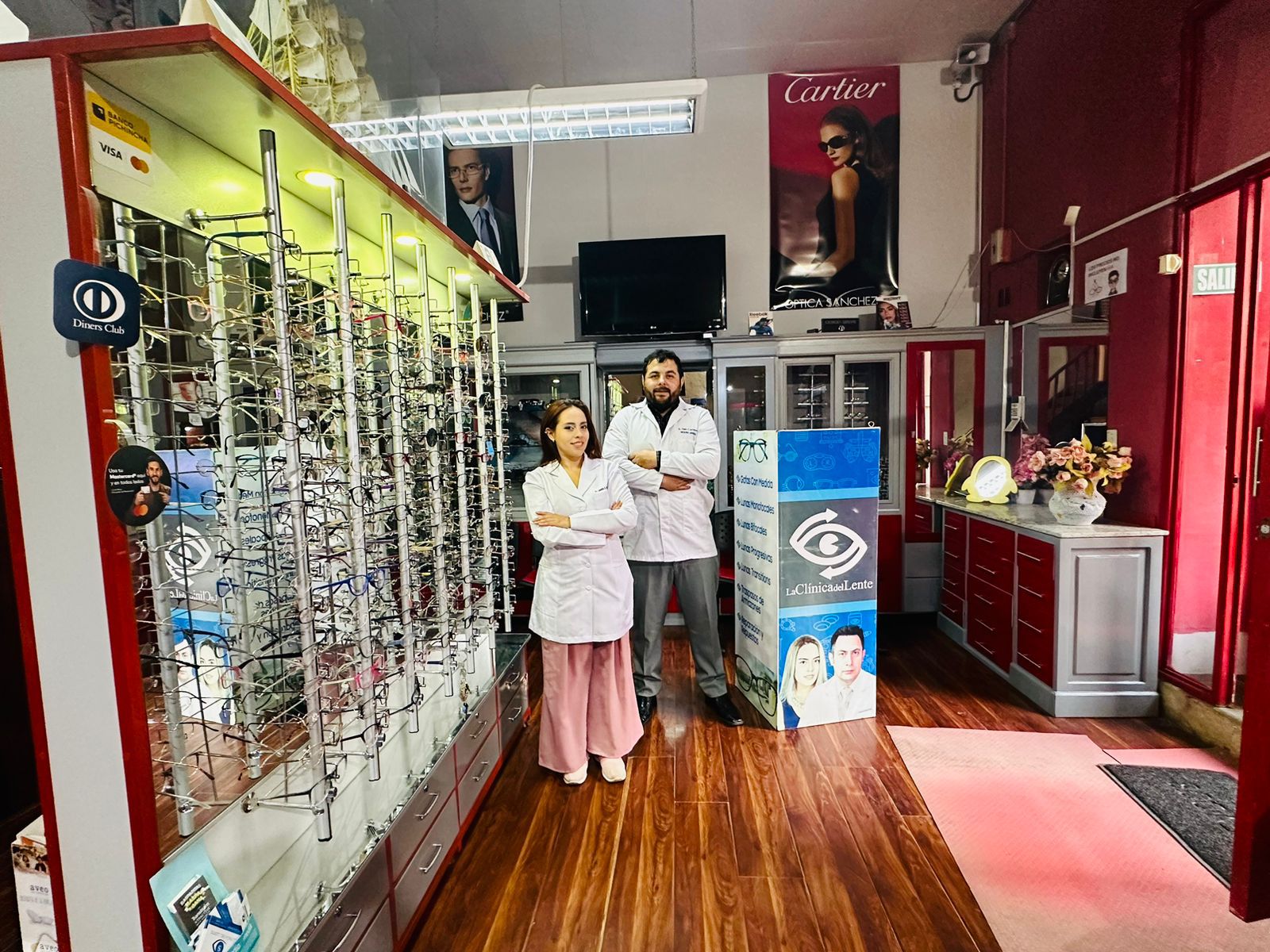Write a post
MSP Resumes Patient Referrals to SOLCA Cuenca After 14-Month Pause
The Ministry of Public Health (MSP), the entity that is responsible for Ecuador’s public healthcare, has announced that patient referrals from Zonal Coordination 6 (this area includes Cuenca) to the Cancer Institute (SOLCA) in Cuenca have officially resumed.
In a statement on Wednesday, January 8, 2025, the MSP confirmed that they’ve made the necessary payment to SOLCA, ending a 14-month pause in accepting new patients.
This is welcome news for over 1,000 people in the southern region of Ecuador who need specialized care and advanced medical tests.
Baños Hospital Construction Approved
Cuenca Mayor Cristian Zamora has officially signed a contract for the construction and equipping of the new Baños Hospital. This project, with a budget of $7.4 million, will be executed by the Baños Consortium and is expected to be completed within 360 days.
The hospital will be built on a 5,272 m² plot in Huizhil Alto. It will feature three floors, 22 beds, two operating rooms, an imaging department, an emergency area with six beds, a neonatal unit, 12 consultation rooms, a pharmacy, nursing stations, CT scanners, an auditorium, doctors’ quarters, laundry facilities, and a waste management area, among other amenities.
Mayor Zamora highlighted that this is the second of three municipal hospitals promised during his campaign, with a particular focus on improving healthcare access in rural areas. “This project bridges the gap between urban and rural communities,” he said.
The Baños Hospital will join El Valle Hospital, whose contract was signed in November and is set to begin construction soon. Meanwhile, plans for a municipal hospital in Ricaurte are progressing. This project fulfills the mayor's 8th campaign promise, further advancing his healthcare initiative for the region.

Cuenca to Build Second Municipal Hospital in El Valle
Cuenca's Mayor, Cristian Zamora, has announced the launch of an international public tender for the construction and equipping of a new hospital in El Valle, located in the southern part of the city. This will be the second municipal hospital in Cuenca, with two more to follow.
Mayor Zamora shared the news on his social media, emphasizing his commitment to improving healthcare for the people of Cuenca. "My word is always kept. The first of three hospitals is already in the bidding process. A promise for the health of thousands of Cuencanos, especially in our rural areas, where they will be built," he stated.
Zamora also highlighted the speed at which the project has progressed, noting that it took just 14 months to complete all necessary steps, including consulting studies, land preparation, planning approval, securing multilateral loans, and obtaining reports from control bodies. "This has been achieved in record time," he added.
The Hospital del Valle marks the beginning of a broader plan to expand healthcare access across Cuenca, particularly in rural areas where the new facilities will be located.

Three new ambulances for Azuay
Three ambulances have been delivered to respond to emergencies in the province of Azuay. The Ministry of Health, Zone 6, made this official through an event attended by assemblyman Adrián Castro, governor Santiago Malo, and other government authorities. A total of 7 ambulances will be delivered.

La Clínica del Lente - A Business in Evolution
The newspaper Expreso published an interview with optical shop La Clínica del Lente in Cuenca:
The medical team of the Lens Clinic, composed of Samantha Sánchez, Pablo Sarmiento, and optometrist Nancy Ortega, clarified some questions related to visual health.
How did the idea of opening your business come about?
This business began as a workshop for frame repairs.
How would you describe the current scope of the business and its evolution?
Our business has evolved from simply providing services. Initially, the business was small and very basic, but over the years we have implemented improvements through constant training and individualized medical attention for timely treatment. We aim to provide optimal recovery for each one of our patients.
What area do you emphasize in your service offerings?
We offer a personalized service, providing high-quality products, technical, and professional advice.
What differentiates your offerings from others in the market?
Our service, especially the quality of our lenses and frames. Our work is guaranteed.
What has been your business's greatest satisfaction?
Seeing our customers satisfied with our service.
What have been the most challenging moments you've faced?
Losing one of the founders who started this business 35 years ago. Despite his passing 2 years and 6 months ago, we have not given up. We remain persistent and stronger, providing high-quality service to those in need.
If you had to indicate what your business's success is due to, what would you mention?
Persistence and the attention to those who need us.
If you compare the beginnings to the present, what has changed?
The location and space in which we attend to our patients have changed. Now we can provide more comfort to those who need our service. Additionally, we have integrated medical services to offer a complete service.
What lessons has the pandemic's difficult moments taught you as a company?
Our service was not interrupted; we worked with all precautions behind closed doors, as our service has stood out due to our good disposition towards the customer.
What are your medium- and long-term plans?
Our long-term plans are to open a complete ophthalmological center. This will cover everything from the most basic to the most complex, including eye surgeries, treatments, and disease prevention.
